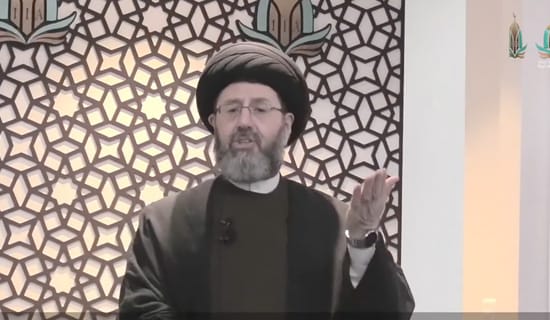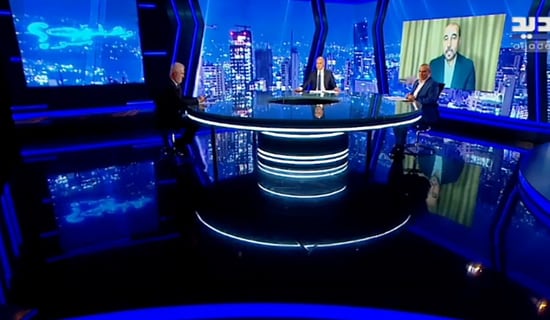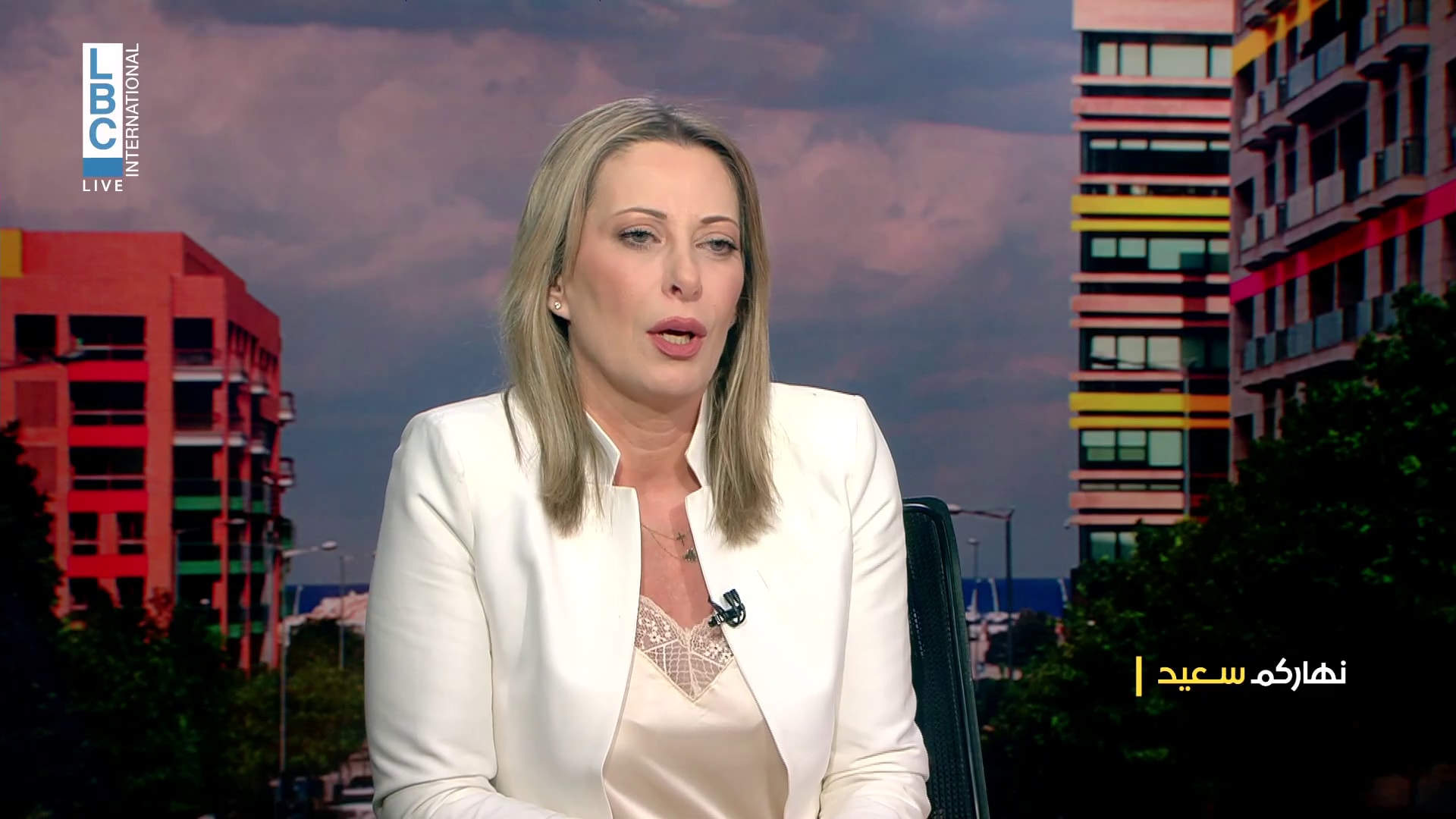
Following are excerpts from a TV debate on child beating, which aired on Dubai TV on January 11, 2008
:Interviewer: I know that you support child beatings. Why?
Egyptian lawyer Ibrahim Elias: Why not?
Interviewer: Were you beaten as a child?
Ibrahim Elias: Of course, everybody was.
Interviewer: Not everybody. I was never beaten.
Ibrahim Elias: Maybe your parents knew you'd end up working in the media.
Interviewer: They were afraid I'd tell. But seriously, my father never beat me.
Ibrahim Elias: Beating is a remedy. It is not done out of principle.
Interviewer: A remedy?!
Ibrahim Elias: Yes. Instilling discipline is carried out in stages: First, you may deny things from the child, and at the end, you may beat him. Beating was permitted as a means of instilling discipline. Not every child should be beaten, and not on every occasion. How and when to beat is determined according to necessity, and the necessity should be evaluated. Who knows better, Allah or us? Our Lord knows best. The Prophet Muhammad said: "Order your children to pray, until the age of seven, and beat them so they pray, until the age of ten." The Prophet Muhammad talked about beating. Allah said in the Koran in Surat Al-Nisa - and I don't want to get the women mad at me: "As for those from whom you fear disobedience, admonish them, refuse to share their beds, and beat them. Then if they obey you, seek not a way against them." This is verse 34 in Surat Al-Nisa. Disobedience by a wife or a child means violation of orders. In other words, it is a transgression. When a child commits a transgression that merits a beating – he should be beaten.
Interviewer: What kind of transgression merits a beating?
Ibrahim Elias: There are many. Life is full of... For example, if a child refuses to go to school, refuses to do his homework, breaks something, destroys something, hits his sister, or curses... If he insists on acting this way, even after you comment on this a couple of times, he deserves a beating. What's wrong with beating? We make a big deal of it, but it's not. It's normal.
[...]
Interviewer: How exactly do you beat them?
Ibrahim Elias: It's clear how to beat them.
Interviewer: No, it isn't. Some people beat and break bones, while other beat [lightly] and say: "Naughty boy." How should the beatings go?
Ibrahim Elias: Let's first define...
Interviewer: Just tell me how...
Ibrahim Elias: If we want to beat, the beatings must not break bones or cause bleeding. I am a lawyer and an advocate of the Shari'a. Let's discuss this from both the legal and religious perspectives. In the law, there is a clause titled "Instilling discipline in children." First, it requires a transgression on the part of the child. Second, the father, the guardian, or the teacher must avoid the face and dangerous areas like the stomach and the genitals. Third, the beating must be for the purpose of disciplining. Those are the three [legal] conditions. Are we trying to bury our heads in the sand, or what? Weren't [the great Egyptian authors] Al-'Aqqad and Taha Hussein beaten? Weren't they beaten on the soles of their feet so that they would memorize the Koran and thousands of poems?
Interviewer: Is that what made Al-'Aqqad who he was?
Ibrahim Elias: Yes, they became great scholars.
Interviewer: Thanks to beatings, whole institutions were created.
[...]
Children's rights activist Gihan Mustafa: I am not trying to get children to report their parents [to the police], but the 16000 hotline is intended for children who suffer violence in general, not necessarily within the family. But if there are parents who overstep the line, and injure a child, or beat him severely...
Ibrahim Elias: That's what the prosecution is for. We don't need a hotline.
Gihan Mustafa: Any child or anyone can...
Ibrahim Elias: That's the job of the prosecution.
Interviewer: Can I get a word in, please?
Ibrahim Elias: No.
Interviewer: If this hotline is intended for cases involving injury, we don't need the hotline. We have the prosecution instead of the hotline.
Gihan Mustafa: A child won't call the prosecution, but he may use this hotline... The prosecution or the police will come to him. Anyone who encounters a child at high risk can call the hotline and report it. This is an opening for intrigues.
Ibrahim Elias: Somebody will say: "I can hear my neighbor beating his child, come quickly!" What kind of thing is this?!
Interviewer: I will call and report you.
Ibrahim Elias: Our society will fall apart. We have our own education. These ideas are imported from all kinds of conferences about female circumcision, child-beating, wife-beating, and polygamy. These imported ideas don't work for us, and they will not be implemented in Egypt as long as Al-Azhar exists.
Interviewer: They have already been implemented.
Ibrahim Elias: No they haven't, and the hotline will soon go up in flames.













